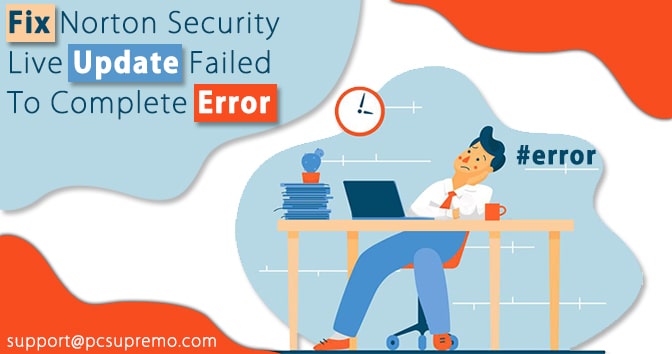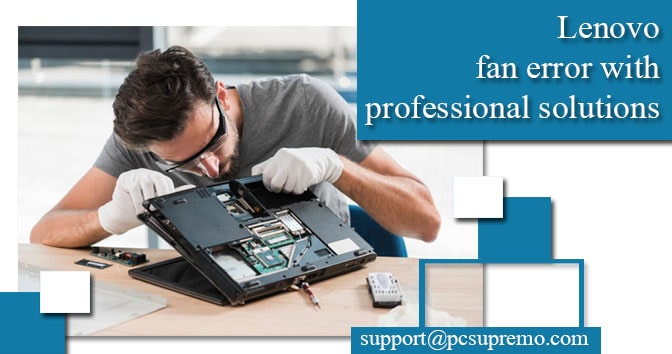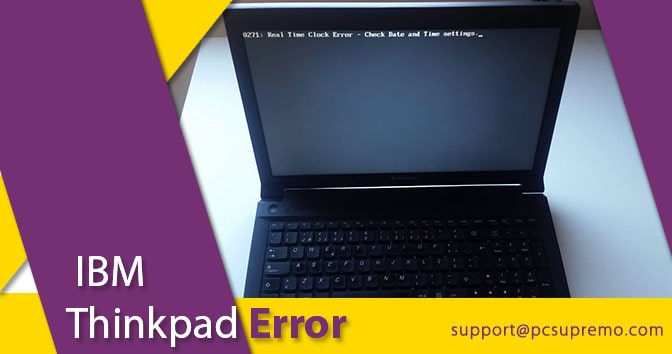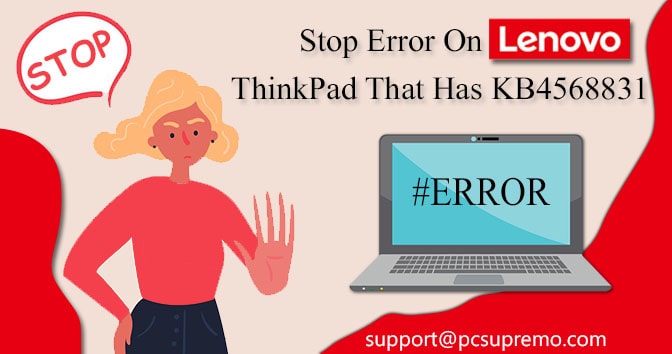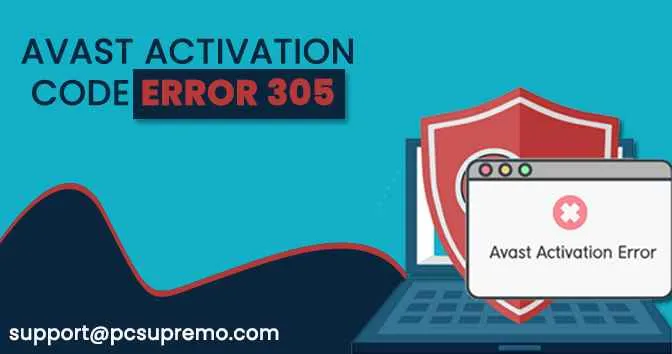A computer virus is a malicious code blocks type that is used to replicate and distribute legitimate applicational code. Like any malware, an attacker uses a virus for damaging or manipulating the device. Its name originates from the way its targets are contaminated. A virus of the machine is not an autonomous program. It is a fragment of code that is used in another program. When the program runs, it runs the virus code, and the effects differ from the catastrophic to the annoying.
What are these viruses do?
The virus spreads by infecting those on the host machine, adding its malicious code wherever possible. The boot sector viruses use a particularly dangerous technique at this stage. They place their code in the bootable area of the computer system drives. It ensures that it’s running even before the operating system loads entirely, making it impossible to run the program as it is opened by a resident virus. In contrast, a non-resident virus can infect executable files even if they’re not running.
Also Read – How to fix Norton Antivirus Error Code 8504 100
How does the computer attack?
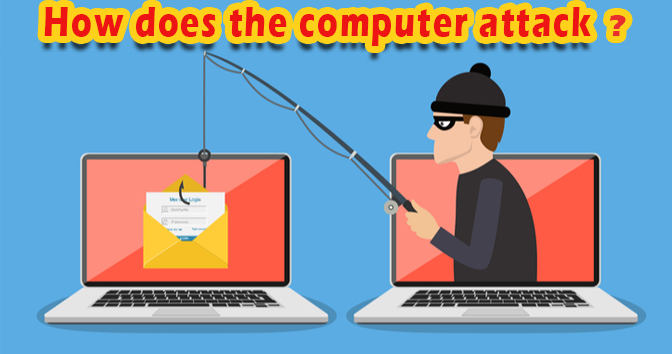
Suppose a virus has been successfully attached to a program, file, or text. In that case, the virus remains asleep until the machine or system executes its code under the circumstances. To infect a virus, you must run the infected software, which leads to the execution of your virus code.
This means that a virus will stay without significant signs or symptoms at your machine. However, the virus will infect other machines on the same network until it is infected by your computer. Steal your passwords or info, log keystroke, destroy your files, spam your email contacts, and even take your computer over. All that a virus can do is destructive and annoying.
Also Read – How To Fix Norton 360 Error 3039 1 65559 ?
How does the virus propagate on your computer?
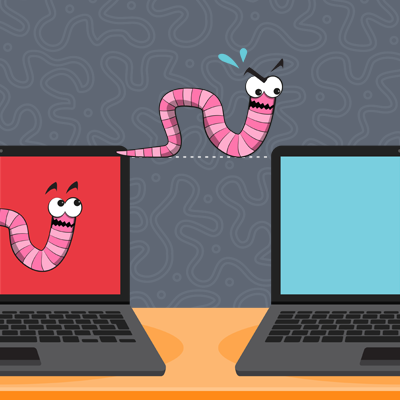


You can get a computer virus, some more obvious than others, in an environment that is continuously linked. Viruses can be transmitted via email and text message attachments, downloading Internet files, and links to social media scams. You can infect your mobile devices and smartphones through shady program downloads by mobile viruses. In addition to the disguised content, including funny pictures, greeting cards, audio, and video files, viruses can hide as attachments.
Caution must be exercised when browsing the web, downloading and opening links or attachments to avoid contact with a virus. Never download text or email attachments that are not required or website files that you do not trust to help keep you secure.
Let 5 symptoms be discussed:
- Extensions of unnecessary web browser
While some extensions are legal and can add helpful features to your web browser, others are not helpful. Some plugins are known to collect private data from third-party advertisers on browsing habits. Others are incorrectly coded and have vital safety vulnerabilities that jeopardize the system. You have a fair chance of malware on the machine if you see a new browser extension that you do not recall installing.
Functional pop-up windows: Pop-ups can invite you to visit extraordinary places. Or maybe they will provoke you to download antivirus or other apps.
Uninstall your PC extension: Although most extensions are built into your browser and not installed on your machine. Test your PC first is still a good idea. Any clear measures must be taken to delete the extension from your device.
- Your slow-moving computer:
This may be a symptom of a lot, like a virus infection. If your computer has a virus, worm, or trojan, among other things, been infected on the machine, it would be running several resource-consuming tasks, making the device run slowly.
Many types of Malwares allow cybercrime operators to manipulate your computer’s power and use it for their own purposes ( i.e., perform a Distributed Disk Operating System or cryptocurrency mining).
Close any software you do not need: The Task Manager may display increasing programs that are most widely used for the memory, Processor, and bandwidth.
Make some disc space available: Low disc space can lead to problems with performance. Click “Start,” type “This PC” to check your storage space, open the app, and see free space on your disc.
You may have to consider deleting individual files, uninstalling redundant programs, extending your internal store, or moving specific files to an external drive while you are running low.
Clean up your PC: Dust accumulation can also affect the output of your PC. If your case or laptop windings are filled with dust, your fans will dissipate heat, which affects your computer’s overall performance.
Take time to brush off any dust in your system, spend in compressed air, and run a vacuum cleaner on any uncovered ventilation.
It might be time to search for malware if your machine is relatively new and still runs slowly after carrying out the above tests.
- Spam messages on social media from your profile:
Famous hunting grounds for cybercriminals are social media sites. Irregular activity is a prevalent indication of a computer virus on your account.
You may have been hacked on your account, or your device might have been infected with malware if your friends say that they have got a strange message from you or seen you make odd comments.
Register on all your devices from the logged-in account: It is possible for you, without your knowledge or permission, you forgot to quit your account on a computer of a friend or colleague. Alternatively, this system could have a virus that impedes your account, or malicious players could access your account.
Password Change: You will need to change your password after logging out of your accounts so that the unauthorized user can not automatically log back in again. Please note that passwords should be random, unique, and the longer you can do them, the better.
- Suddenly, the Internet speed is lower than before:
Loss of Internet connectivity is a popular indication that your service provider or router might also have a problem with this infection. You may also have a much slower than a regular link. If you are infected, your bandwidth can be limited, or you can’t access the Internet virtually by connecting to a URL or setting up different link sessions.
Verify your downloads: Make sure that you do not download big files in the background and verify that there are programs that download updates automatically. Ask other network users to download massive files at present.
Traffic control of the network: Windows has some useful tools to track the network’s current traffic and better understand the applications that can affect your connexion.
- Sudden block of Antivirus Software:
Antivirus software plays a significant role in shielding your computer from hundreds of thousands of new malware every day. However, several different malware forms can disable, stop it from being modified, and prevent scans. Antivirus software with permanent disabilities with an error Norton error 3048 3 is a widespread malware symptom. You could be dealing with a malware attack if you have been getting alert messages that your device is unprotected or that your antivirus program has been acting differently than usual.
Check the Security Center for Windows Defender: Windows can alert you if your antivirus has been detected and gives you several options to fix the problem.
Reboot your PC: The functionality of specific antivirus solutions may be affected by operating systems and software updates. Reboot your PC to see if your problem has been fixed.
Check for portable scanner viruses: Antivirus program you can run directly from your USB flash drive is a portable scanner. Since mobile scanners are not locally mounted on your device, viruses can not usually disable them.
These are the five key indicators that make you know that your machine is at risk. Apart from that, there are several other signs:
Your homepage changes: For example, your regular homepage might move to a different website. Moreover, it may not be possible for you to reset it.
Mass emails from your email address are sent: A criminal may take control or send emails from another compromised machine on your behalf.
System Crash: A hard drive virus can cause significant harm. Your computer system can be crashed your computer. It can also keep your computer from returning.
New programs start when your computer is turned on: When you start your machine, you will become aware of the unfamiliar software. Or by reviewing the list of active applications on your computer.
Unwanted events during password changes: You could not log into your machine if this is completed.
For now onward, start using a trusted antivirus product, such as Norton AntiVirus Basic. It will keep your PC updated and safe with the latest virus definitions. Norton Security Premium offers additional protection for even more devices, plus a backup.
- Avoid clicking on any pop-up advertisements.
- Always scan your email attachments before opening them.
- Always scan the files that you download using file-sharing programs.
Choose the best antivirus, Norton, start with a Norton log-in, choose your product, and run virus free.

